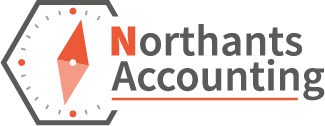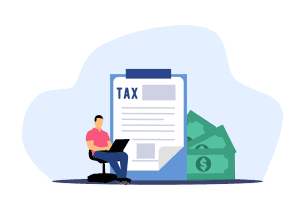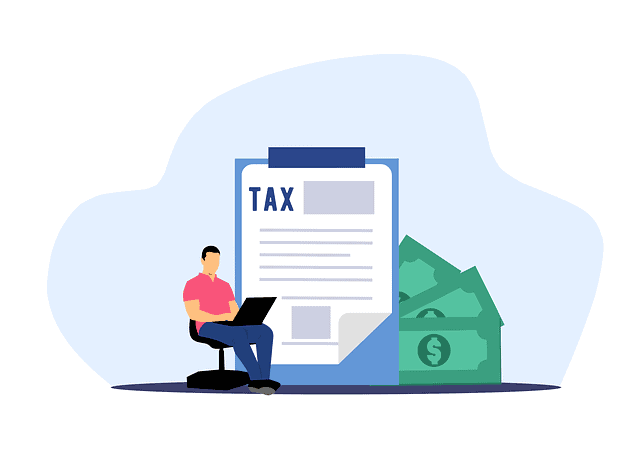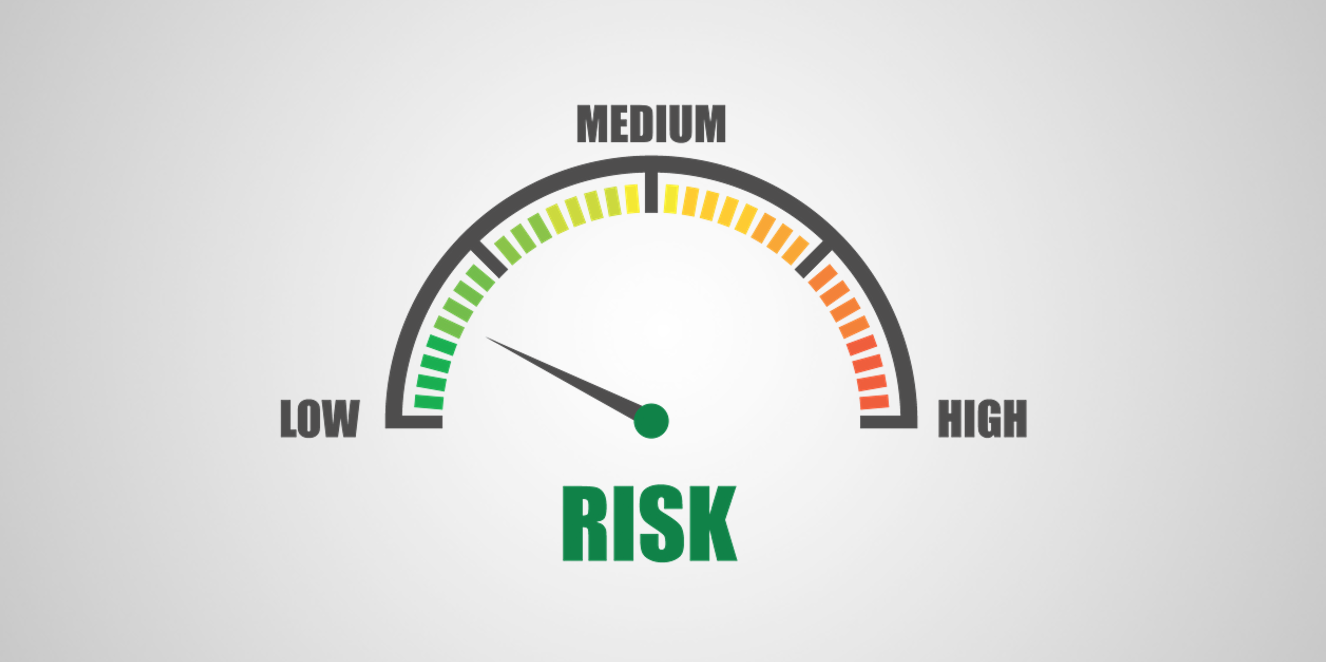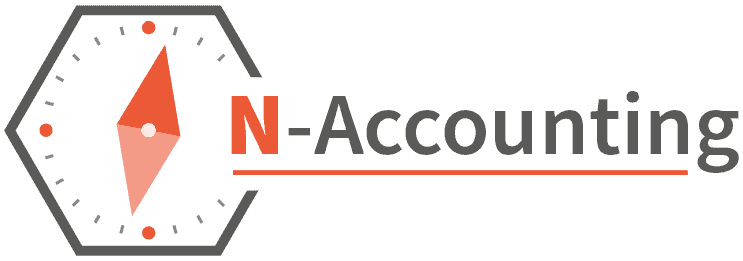With the advancements in science and technology, day to day processes of business life have not only been simplified but have also raised certain doubts and fears amongst its practitioners. Accountancy, like most other professions, has seen a significant change over the last decade. A lot of manual processes have now been automated and the use of advanced software has replaced hefty hours of manual labour. Whilst most of the people welcome this change as a positive advancement that contributes to business efficiency, the disruptive changes occurring in the field in 2018 – such as cloud accounting – have raised many uncertainties as well.
AI and Accountancy
“Will robots replace human jobs?” How many times do you come across this question every time there is a technological breakthrough in the field of artificial intelligence? Probably, more than you can recall. Before we make generalising assumptions, we need to remember that we had automation for years and it has only contributed to making the processes easier and has enabled the experts/ practitioners to spend more time on value-adding activities.
It is well expected that the accountants who have spent their whole careers using traditional accounting tools, such as excel sheets or manual desktop software, may show resistance towards adopting drastically new technologies. However, this is not a choice many would want to make. In order to stay competitive and relevant, accountants need to not only adopt new trends but also learn skills to fit in. Many accountants have already realised that and are swaying in favour of automation. According to research published by Accounting Today, Xero users are rapidly growing with an increase of 24% users in 2018 alone. Similarly, QuickBooks subscriptions grew by 41% in the past year.
Embracing the power of Cloud
One of the many exciting changes taking place in the field of accountancy is “cloud accounting”. Whilst a lot of companies are still evaluating if this technological shift will live up to its hype, stats show that accountants in the UK are embracing this change with open arms. The cloud has affected accountancy on multiple levels of proficiency, for the good.
Instead of using desktop software, working on a cloud accounting software means that the data is available anywhere, anytime for the accountants, clients and business owners to view, update and monitor. This enables collaborative work no matter what part of the world you are in, as far as you have an active internet connection and a device that supports it.
Since both the client and the accountants can view data updates at the same time when they are made, it makes the financial decision making and strategic business planning process much more efficient as well.
One of the many reasons why companies are switching to cloud accounting in big numbers since 2018 is that it provides enhanced data security and advanced data recovery options. By the research stats that show cloud software market growth in 2018 and further expected growth in the future, there shouldn’t be a doubt that cloud is here to stay. But, this doesn’t mean that companies should jump on the bandwagon without assessing the costs, risks and the number of required skilled employees.
Looking for a new accountant?
GET IN TOUCHClient Expectations, Business Productivity & Changing Role of an Accountant.
Research shows that 83% of clients are demanding more from their accountants today than they did 5 years ago. What do you think is the reason behind this? With cloud accountancy advanced software and all-time access to data handling, a lot of clients tend to utilise the efficiency edge and update data and finances for their accountants throughout the day rather than wait for day end to send in the updates like old times. Clients understand the nature of simplification that software provides. Online software and apps have enabled users to customise their business solutions according to their own requirements.
QuickBooks app includes everything from payment portals, credit control, OCR receipt capture to mileage and tracking stock control. A client can raise invoices, track probability, and monitor cash flow, all on the go. Therefore, in order to stay relevant, accountants need to learn more value-adding skills on top of being great with numbers, skills like leadership and management. The good thing is that since the software has made the accountancy processes quicker and more efficient, accountants now have time and need to invest in learning additional skills such as applying algorithms.
Open Banking
Since digital banking has made data much more easily accessible, it is now easy for accountants to closely and more efficiently monitor cash flows, give instant financial advice and provide continuous support to their clients.
Making Tax Digital
Making Tax Digital (MTD) comes to effect in 2019 and although it has its implications for accountants and bookkeepers, it is also a great opportunity for accountancy practitioners. First and foremost, you need to review processes & software for yourself and your client. Then, you need to prepare a plan with your clients to deal with will the changes that MTD will bring. All your clients need to be urged to make a shift to the cloud software.
MTD is also an opportunity to build a new clientele. You can take this opportunity to get in touch with potential clients by hosting seminars, workshops and conferences regarding the changes that businesses need to make as MTD comes into effect. Results of a survey by Sage reveal that 40% of accountants saw Making Tax Digital as a great opportunity to help SMEs thrive, whilst the other 38% expressed that MTD will help them gain new clients.
Compliance Stays
Automation of accountancy processes resulted in less and less compliance work. However, now that the new technology is being used, any changes in the tax systems, for example Making Tax Digital in the UK means that the accountancy firms need to be more careful about data handling and ensure that new guidelines are being followed, leading back to more compliance work. Therefore, it is really important that the firms invest in their employees’ training for integrating compliance technology in the business.
Whilst accountancy in going through a significant change, the fears of losing jobs to technological software are just baseless. If anything, I hope this piece of writing helped you understand that this is the best time to enhance your skills and adopt new technology in order to stay relevant in the long term. As long as you stay ahead of your game by updating your skills and welcoming technological advancements in the field, digitalisation is only an opportunity, not a threat
